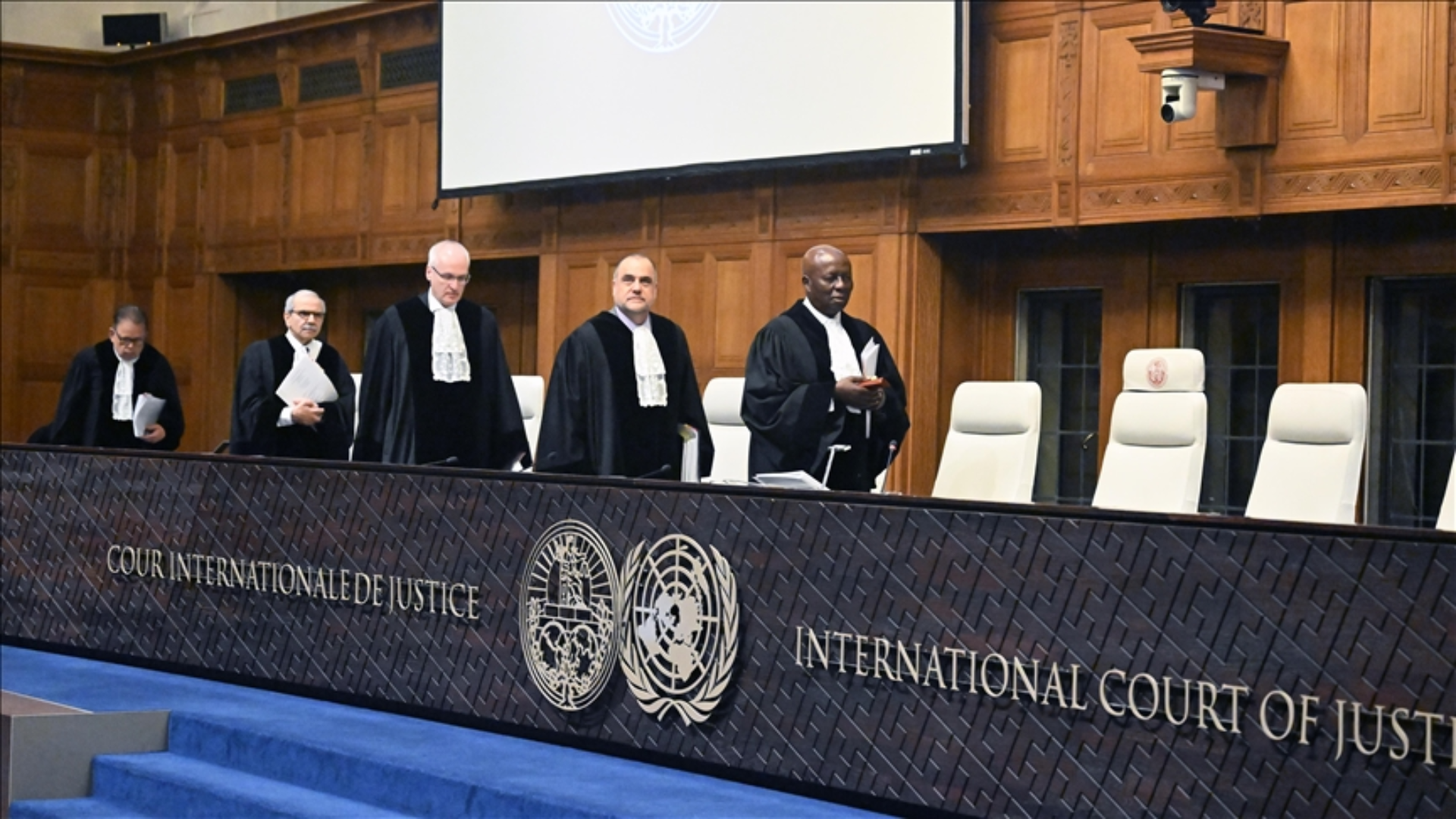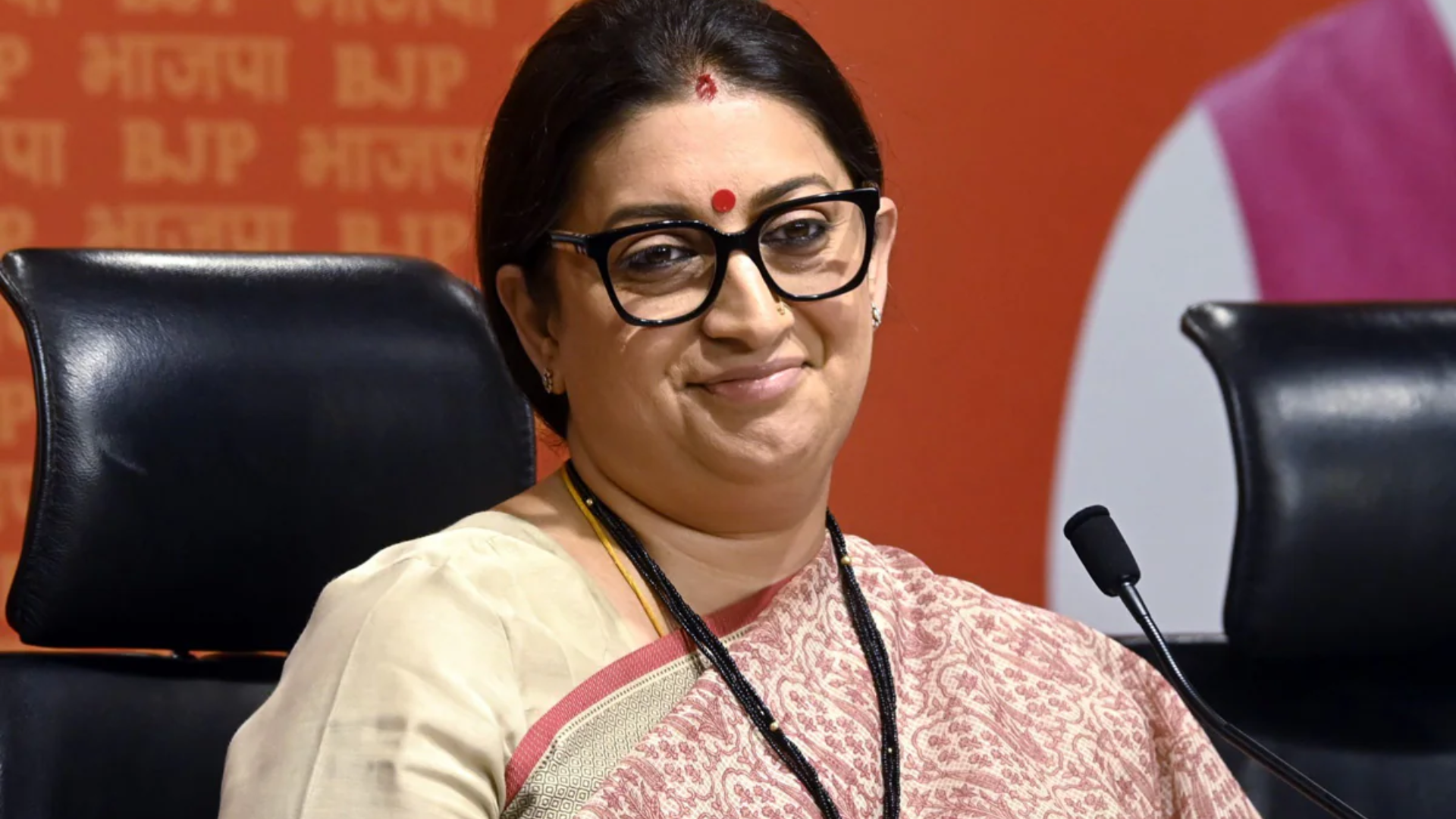










According to Dawn, unknown attackers fatally shot the President of the Ahmadiyya community in the Hasilpur district of Bahawalpur, Pakistan. Tahir Iqbal, aged 54, was gunned down while on his morning walk in Chak-84 village by two motorcyclists. He succumbed to his injuries on the spot.
Police reported that Tahir Iqbal’s body was sent for autopsy, and a case was filed against two unidentified suspects. The initial complaint stated that the assailants fled after the attack.
District Police Officer (DPO) Syed Abbas Shah told Dawn that initial investigations suggested the motive behind the murder was not religious but linked to ‘honour’. Apparently, Iqbal, a local landlord, was involved in a relationship with a woman from the village despite warnings from her family to end it.
DPO Shah speculated that the woman’s relatives might have perpetrated the murder under the guise of ‘honour’. However, authorities are also exploring the possibility of religious motives. Police are conducting raids to apprehend the suspects and are actively investigating the case.
The Ahmadiyya community has strongly condemned the killing, attributing it to the ongoing violence and animosity against their community in Pakistan. They claim to have received death threats from extremist factions and are urging authorities to protect their community and bring the perpetrators to justice.
The Ahmadiyya community frequently faces persecution and attacks in Pakistan. In February, a mosque belonging to the community in the Kotli district of Pakistan-occupied Kashmir (PoK) was vandalized, with reports indicating that a mob of about 50 people inflicted damage to the mosque and injured several worshippers, including women.
Earlier in January, the Human Rights Commission of Pakistan (HRCP) called for the establishment of a national commission for minority rights in line with the recommendations of the 2014 Supreme Court Jillani judgement. HRCP emphasized the need for an autonomous commission, compliant with the Paris Principles, to address the grievances of minorities.
Mahmood Iftikhar, representing the Ahmadiyya community, stressed the importance of including the rights of vulnerable groups, such as Ahmadis, in the commission, particularly given the numerous incidents of worship site desecrations they endured in 2023.









